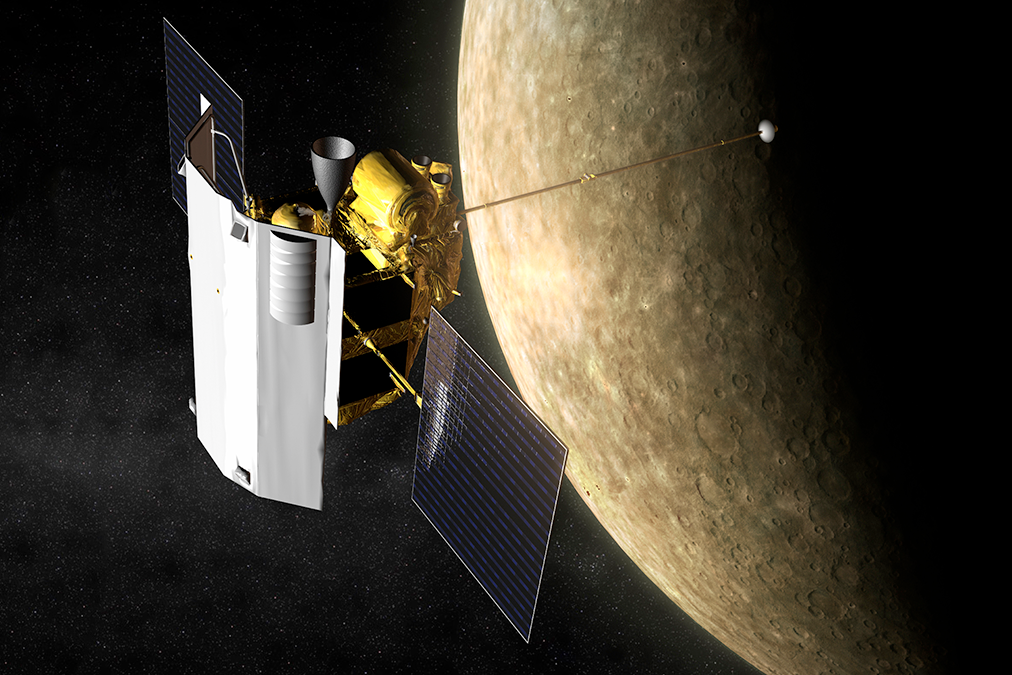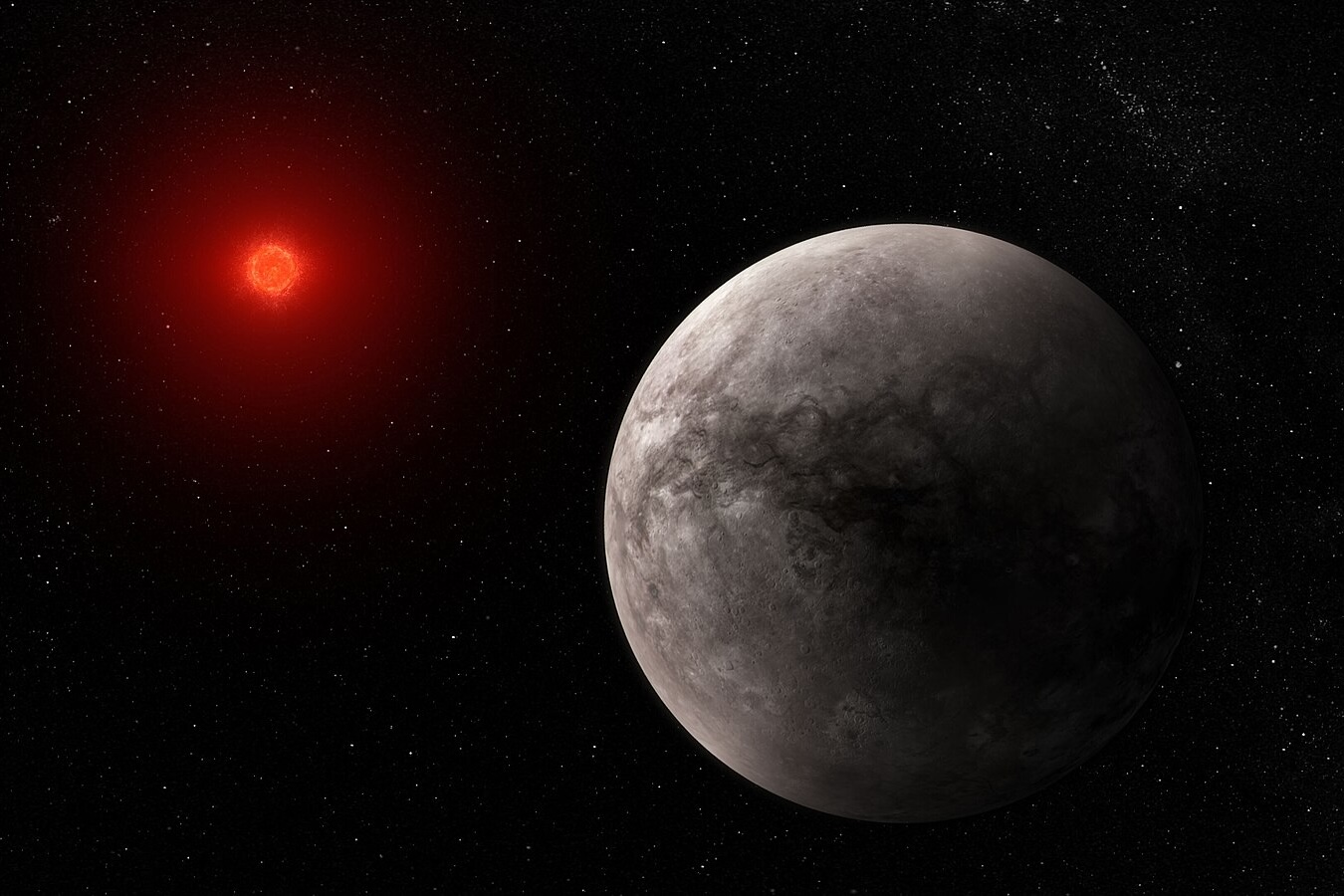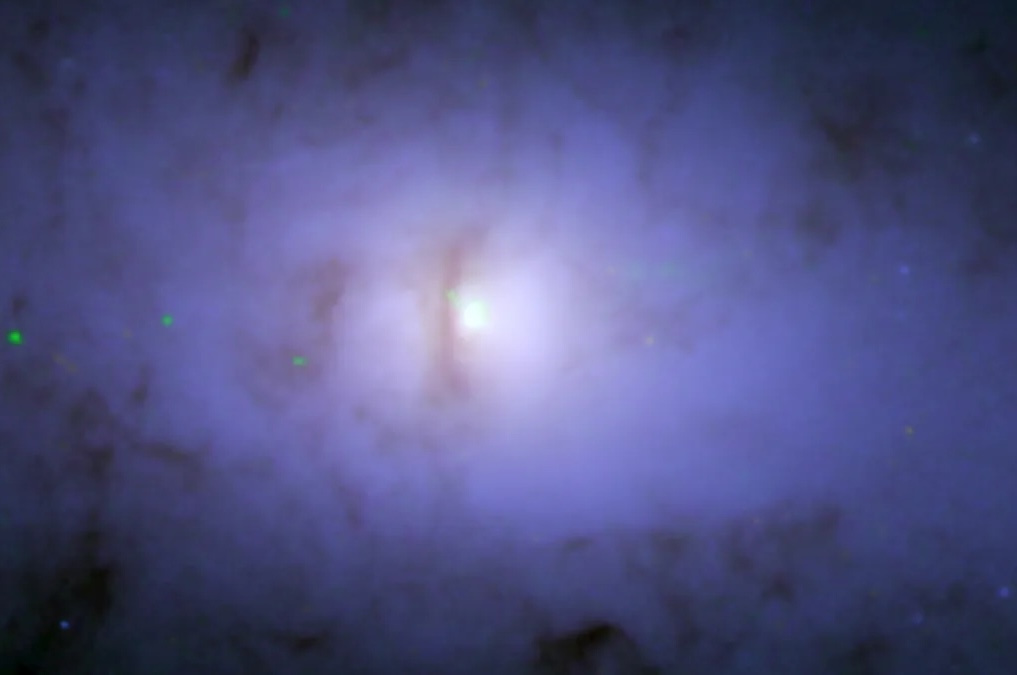In the journals JGR: Planets and JGR: Machine Learning and Computation, BAERI Research Scientist Ariel…
Kepler Science Team Discovers Planet Kepler 452-b
On Thursday July 23, NASA’s Kepler Science Team announced the discovery of planet Kepler 452-b. The team described the planet as “Earth’s bigger, older cousin,” and it is the first Earth-sized planet to be found in the habitable zone by the space borne telescope. The Kepler Mission, begun in 2009, is specifically designed to survey a portion of our region of the Milky Way galaxy to discover dozens of Earth-size planets in or near the habitable zone and determine how many of the billions of stars in our galaxy have such planets. Scientists from across NASA, including NASA Ames, are part of the Kepler Science Team.
The Kepler Science Center, based at NASA Ames and led by BAER Institute’s Dr. Tom Barclay, acts as the interface between Kepler data products and telescope capabilities and the broader scientific community. Kepler Science Center and BAER Institute scientist Dr. Geert Barensten had this to say about the momentous discovery:
“The Kepler team at NASA Ames has been very excited about the discovery of Kepler-452b, chiefly because the planet is orbiting a star that is very similar to our Sun. Although the mass and composition of the new planet are not yet known, the object is likely to be a close cousin to the Earth because it is orbiting in the area around a star where liquid water could pool on its surface.
In addition to the discovery of Kepler-452b, the team is equally thrilled about the dozen new Earth-like planet candidates that have been announced along with yesterday’s discovery. These new candidates have only recently been identified in the data, and are currently undergoing further analysis and follow-up observations to verify that they are actual planets.
These are important steps towards achieving one of the prime objectives of the Kepler mission, which is to understand the frequency and the characteristics of planets around the billions of other stars in our Galaxy. I feel very privileged to have been able to join the mission last month, as these are very exciting times indeed!”
Congratulations to the whole Kepler Team from BAER Institute!
For more information:



